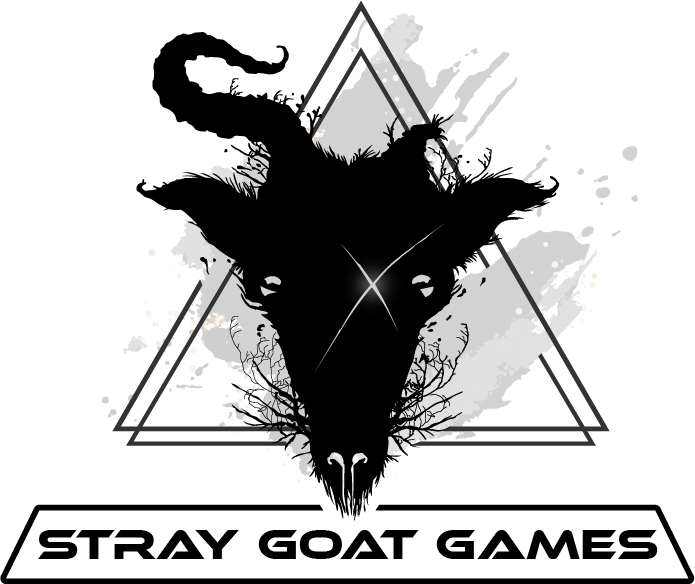Alchemy : School and Craft
Is Alchemy Your Calling?
The discipline of alchemy is not for those of simplistic proclivities. To comprehend the relationships of material and practice - to experiment, refine, and perfect the art - you will need a mind both bright and curious. Of course, the greatest of alchemists are blessed too with a devilishly tilted mind.
Many novice troublemakers might expect alchemy to be a simple matter; one easily trifled with. Preparing an alchemical concoction is as simple as cooking porridge, they muse. You add the ingredients. You heat the thing up. You serve it out. They soon come to find that the comparison falls considerably short. The ingredients are inconsistent, each a challenge to acquire and preserve. Heating the materials is common enough when bringing out their hidden natures. Yet, too little heat, or too much, and the results are damned near catastrophic. Should a novice manage to, by some outrageous fortune, craft and preserve some ill conceived dish, unleashing it upon the world will be her last meager effort, as she dies choking upon her own cuisine.
-Quoth the Apothecary
With the proper skill, materials, and tools, an alchemist can produce concoctions from a personally prepared alchemy kit. Each alchemy kit is dedicated to a particular alchemical craft and fashioned in a way that fits its owner’s unique style and needs, allowing the alchemist to produce concoctions (alchemy kit implements) of a specific craft. As alchemy is esoteric, delicate, and precise, the alchemy discipline cornerstone is required to make any use of alchemy kits. Specialization will allow an alchemist to enhance their concoction with augments. These are displayed with each concoction and will change the concoction in some way.
Schools
Due to the complex academic nature of alchemy, most alchemists will specialize, narrowing their focus to one school of alchemy. An alchemical school is a set of similar methods, tools, aims, and sourced materials with a limited but refined sphere of alchemical possibilities. These are grotesqueries, tinctures, toxins, and transmutations. At the intersection of each school is a dedicated craft.
Each school will have its own flavor and playstyle niche, as well as powerful augments specific to the school that can be unlocked as you advance. You will do well to choose a school that suits you and work to master its nuances.
Crafts
Capable practitioners of alchemy have access to a diverse array of concoctions. Concoctions are each unique from one another, but are sorted into six groups , known as crafts, that share common tools and source materials. These are combustibles, corrosives, panaceas, poisons, vapors, and venoms. Each craft is birthed from the combined features of two schools of alchemy. As an alchemist, you can dedicate yourself fully to one craft, focus on two or three related to your chosen school, or press your odds by mixing unrelated crafts if you are so inclined. Each choice will have its merits and limitations for you to discover.
Corrosives - (Transmutations / Tinctures)
The proper application of heat to the right combination of materials can create corrosive liquids that are harmless to the flesh, but devastating to steel. Or worse, harmless to glass, but eats through skin like water poured over salt. Corrosives can be used to destroy and corrode mechanisms and materials of all varieties. In skilled hands, they can even be used to heal and repair.
Panaceas - (Tinctures / Grotesqueries)
Panaceas are devilish concoctions that the courageous can consume for momentary superhuman gains. These might grant extreme focus, devilish ferocity, transcendent heroism, or simply a good night of sleep.
Poisons - (Toxins / Tinctures)
On the quest for the elixir of life, they opened many doors to death. Poisons are often profaned efforts toward a miracle cure. In more insidious instances, they are handcrafted torture in a tincture form. While other concoctions may be easier to apply to a victim openly, poisons can be applied in secret with a clever mind and deft hands.
Vapors - (Toxins / Transmutations)
Vapors are often stored within breakable ceramics or natural containers that expel clouds that can sicken, blind, or even kill when the storage device is shattered against a surface. Unfortunately, the effects can linger for longer than desired, dissipate far too soon, or affect unintended victims who happen too close.
Venoms - (Toxins / Grotesqueries)
Using cohesive, neutralizing, and sustaining liquids, these toxic grotesqueries can be applied to blades and subsequently delivered to a victim’s blood by way of cut or stab. As if the natural shock of a stabbing wound are not traumatic enough, venoms ensure a debilitated foe.
Combustibles - (Transmutations / Grotesqueries)
Some dark materials, when combined and set alight, produce forceful flames powerful enough to shake the earth wreak carnage to soft flesh. These concoctions can leave victims blackened, burned, and broken, sparing only those with adequate reflex and protection.
What you need, as you need it
While much of the readying process occurs in advance and the ingredients of an alchemical concoction must be measured, combined, and delivered properly at the last moment, much of the tools and materials used for a craft are common among its concoctions. For this reason, you need not prepare your alchemical concoctions ahead of time. If you have a stocked kit, you can produce what you need, when you need it.
Is alchemy your passion? Will you shape the world to your will with wit, study, calculation, and devilish creativity? Not sure?
Check out Tribulation and try it for yourself.
Tribulation’s official release is on the horizon! Final touches and production are well underway.


